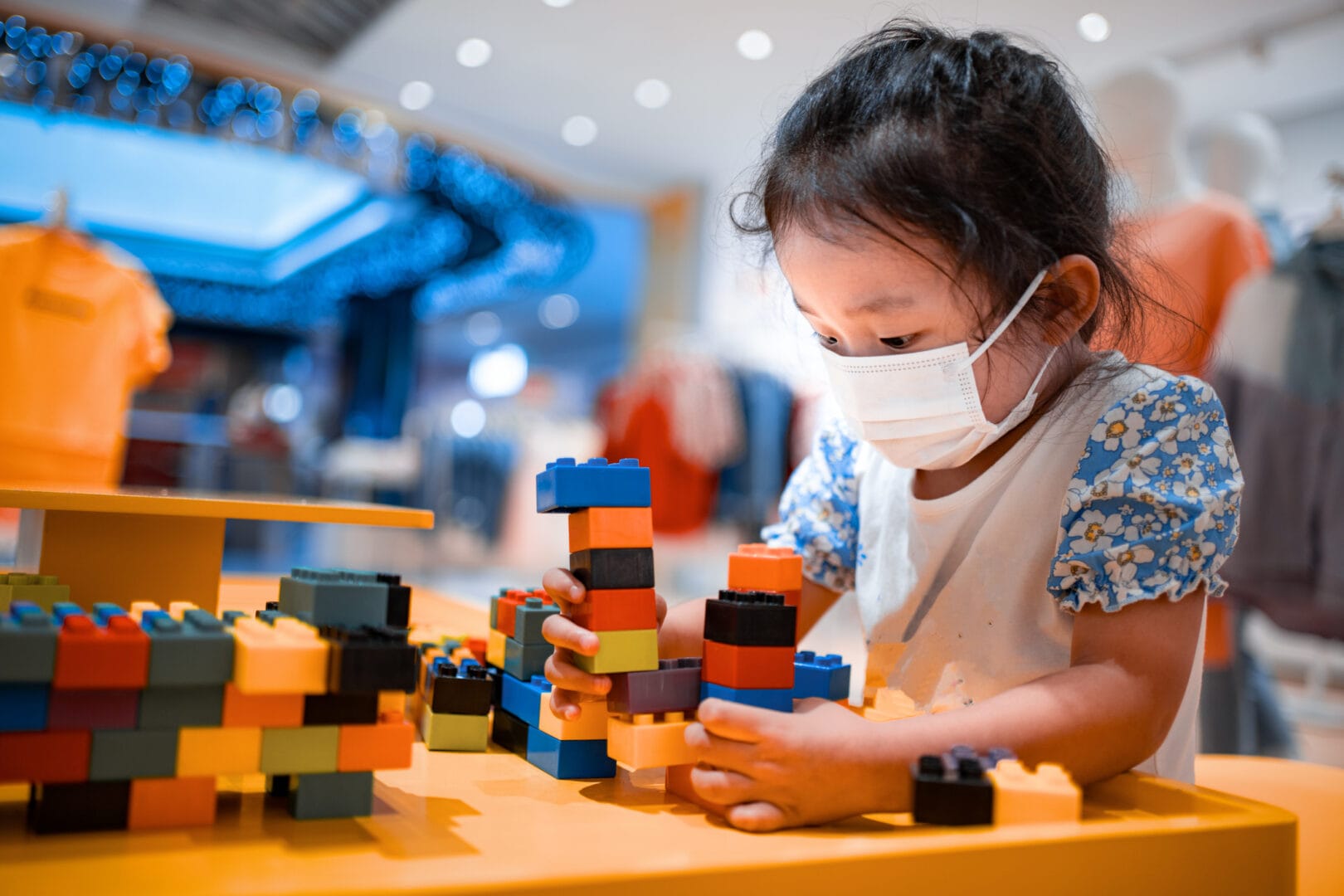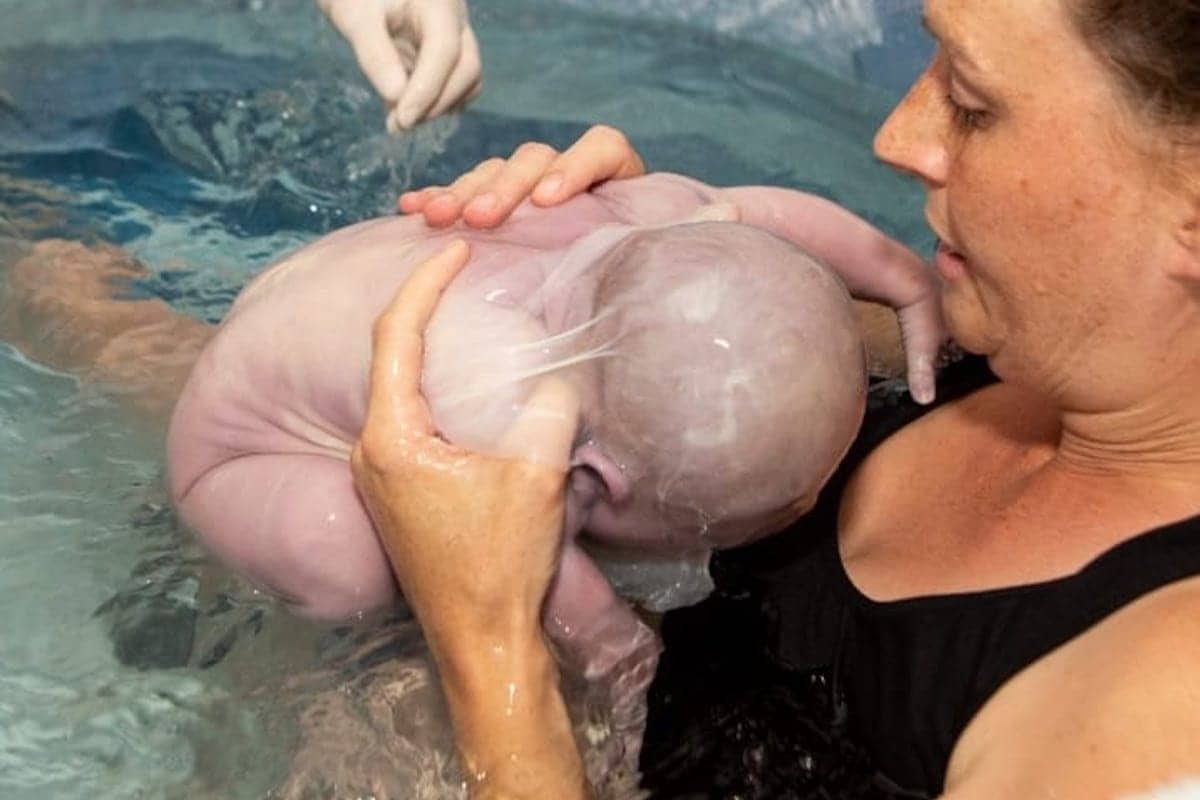Parents who’ve been patiently (or not so patiently) waiting for a vaccine for kids under 5 may be in the home stretch. The U.S. Food and Drug Administration (FDA) has finally set a date to consider vaccines for the youngest children for emergency use authorization. After more than two years of the pandemic, kids under 5 are the only group that is not yet eligible for a vaccine. Here’s what parents and caregivers need to know about the current plans to get vaccines approved for these kids and when the shots might be available.
How long until kids under 5 can be vaccinated?
The FDA plans to convene on June 15 to discuss emergency use authorizations of both a Pfizer-BioNTech and a Moderna vaccine series for kids under 5 years of age. Moderna recently submitted the results of clinical trials of a two-dose vaccine series for kids ages 6 years to 6 months. Meanwhile, Pfizer-BioNTech is reporting success with a three-dose regimen for kids ages 6 months to under 5 years. Pfizer-BioNTech also recently received authorization to administer COVID booster shots to kids ages 5-11.
If the FDA grants emergency use authorization in June, a Moderna spokesperson say parents should expect a shot to be available soon after. “We would work with the FDA to make our COVID-19 vaccine available for this age group as quickly as possible,” the spokesperson tells Care.com.
How safe and effective are vaccines for kids under 5?
Both Pfizer-BioNTech and Moderna report that their vaccines produced a strong immune response in kids as young as 6 months. “We saw 37.5% efficacy in children 2 to less than 6 years of age and 43.7% in children 6 months to less than 2 years of age,” a Moderna spokesperson says, adding that the results are similar to vaccine efficacy estimates in adults during the omicron surge.
Pfizer reports 80.3% efficacy in a preliminary sample, with final efficacy data to follow in the coming weeks. Both trials also found that the vaccines are safe for kids, with no new safety concerns identified by researchers.
Dr. Amy Baxter, a pediatrician and the CEO of Pain Care Labs in Atlanta, says concerned parents should know that the risks of kids getting COVID outweigh the risks of vaccination. “We’re only beginning to understand the long-term risks of catching COVID,” she explains. “Even partial protection against COVID can lower the chances of lifelong diabetes, kidney disease and the risk of serious illness or death from COVID itself. COVID is more dangerous than most of the illnesses we vaccinate against, and the vaccines are just as safe as the others kids get at this age.”
Do kids under 5 actually need a COVID vaccine?
Throughout the pandemic, it’s been clear that COVID doesn’t impact kids the same way it impacts adults. Kids account for only about 1.5% of COVID hospitalizations and fewer than 1% of deaths. Lately, though, medical experts have grown concerned about potential long-term effects of COVID in kids. COVID is associated with an increased risk of diabetes, as well as acute kidney disease. Children are also at risk for Multisystem Inflammatory Syndrome (MIS-C), a post-COVID infection that causes dangerous inflammation, as well as long COVID.
“Early on, [vaccine] skeptics pointed out that few kids got COVID, so side effects from vaccines could be an unnecessary risk,” Baxter says. “Since the current variants enter the throat and lungs and not just the nose, kids are getting COVID more often with worse outcomes. Even for new variants, any degree of protective antibodies lower the risks of the disease.”
Many parents are hesitant to vaccinate young kids against the virus. A survey by the Kaiser Family Foundation shows only about 18% of parents plan to vaccinate kids under 5 as soon as a vaccine is available while 38% plan to delay vaccination until they’ve seen how the shot is working for others. Baxter says vaccination is an important tool for protecting kids, especially since the virus shows no signs of going away.
“I absolutely recommend vaccinating even very young kids against COVID as soon as it becomes available,” Baxter says. “We have the advantage now of knowing that the risks of vaccine side effects are much lower than the risks from having COVID. As we gradually accept that COVID will continue to be with us, this matters.”
What if my child is afraid of shots?
While shots can be scary for people in any age group, parents may have their work cut out for them when asking children under 5 to get multiple doses of the COVID vaccine.
- Moderna’s vaccine, if approved, will require two doses at about one-quarter the strength of the adult dosage.
- Pfizer-BioNTech’s vaccine is three doses at one-tenth the strength of the adult dosage.
Baxter says a fear of shots is very normal, particularly in the youngest age groups. She even created a medical device that uses temperature and vibration to reduce the pain from shots. “Getting multiple shots at the same time between ages 4-6 can cause persistent needle fear even through adulthood if the experience is traumatic,” she says.
To make the vaccination experience less stressful, Baxter says:
- Be warm, but firm.
- Don’t shame or punish kids for being worried.
- Be realistic. For example, “Shots do poke, but it will only last for a second.”
- Use distractions, such as looking at pictures or playing with a favorite toy.
- Bring pain relief.
- Once shots are done, celebrate and lighten the mood right away.
A major thing parents have working in their favor is the fact that COVID vaccine doses are spaced out. “Kids can handle one or sometimes two shots with good pain control and distraction,” she says.





